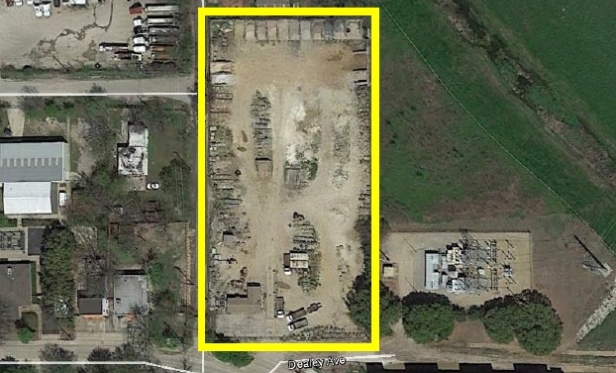
DALLAS—There have been very few national studies of urban vacant lots, but not for lack of trying. Widespread inconsistencies in property classification and data management make it very difficult to put together a comprehensive record.
However, a recent study of 25 US cities with the highest urban infill development potential was undertaken by CommercialCafe. The study was based on total developable vacant land available in each city's central business district.
The study found that vacant lots sized 0.5 acres or more amount to a total of 584 acres—that's urban core property with no improvements that could fill roughly 442 NFL-standard-size football fields. CommercialCafe also discovered that some of the least dense urban cores have recorded the slowest development activity during the past five years, while developers have been significantly busier in the more tightly packed city downtowns.
The research showed that major metros in the South, West and Southwest have the most vacant lots in urban cores. While it is not surprising that these cities have utilized the advantages of spacious geography to expand boundaries outward, it invites the obvious question: why the sprawl if there is still plenty of potential to reinvest in the city core? The answer to that may be more complex than meets the eye, but a look at the numbers sheds some light.
In the South, Texas is king—208 acres of undeveloped land are scattered across the central business districts of Dallas, Austin, San Antonio and Houston. The least dense CBD in Texas, as well as on the 25-city list, is Dallas, with vacant lots in the urban core adding up to 86 acres. During the past five years, 8.5 million square feet of property has been built in the Dallas CBD. Recent Dallas developments included housing, office space, parking, retail and hotels.
“Earlier this month, the Dallas City Council acted on the pressing need to prioritize housing, and voted 15-to-0 on the city's first comprehensive housing policy,” Ioana Ginsac of CommercialCafe tells GlobeSt.com. “The policy aims to address housing inequity by ensuring that a good deal of the citywide housing stock serves families at 30% to 120% of Dallas area median income and housing segregation by setting annual housing production goals in order to create and maintain available and affordable housing throughout the city. With unimproved land scattered across the Dallas CBD alone, enacting well thought-out urban development policies can only benefit the local economy in the coming years.”
© Touchpoint Markets, All Rights Reserved. Request academic re-use from www.copyright.com. All other uses, submit a request to [email protected]. For more inforrmation visit Asset & Logo Licensing.







